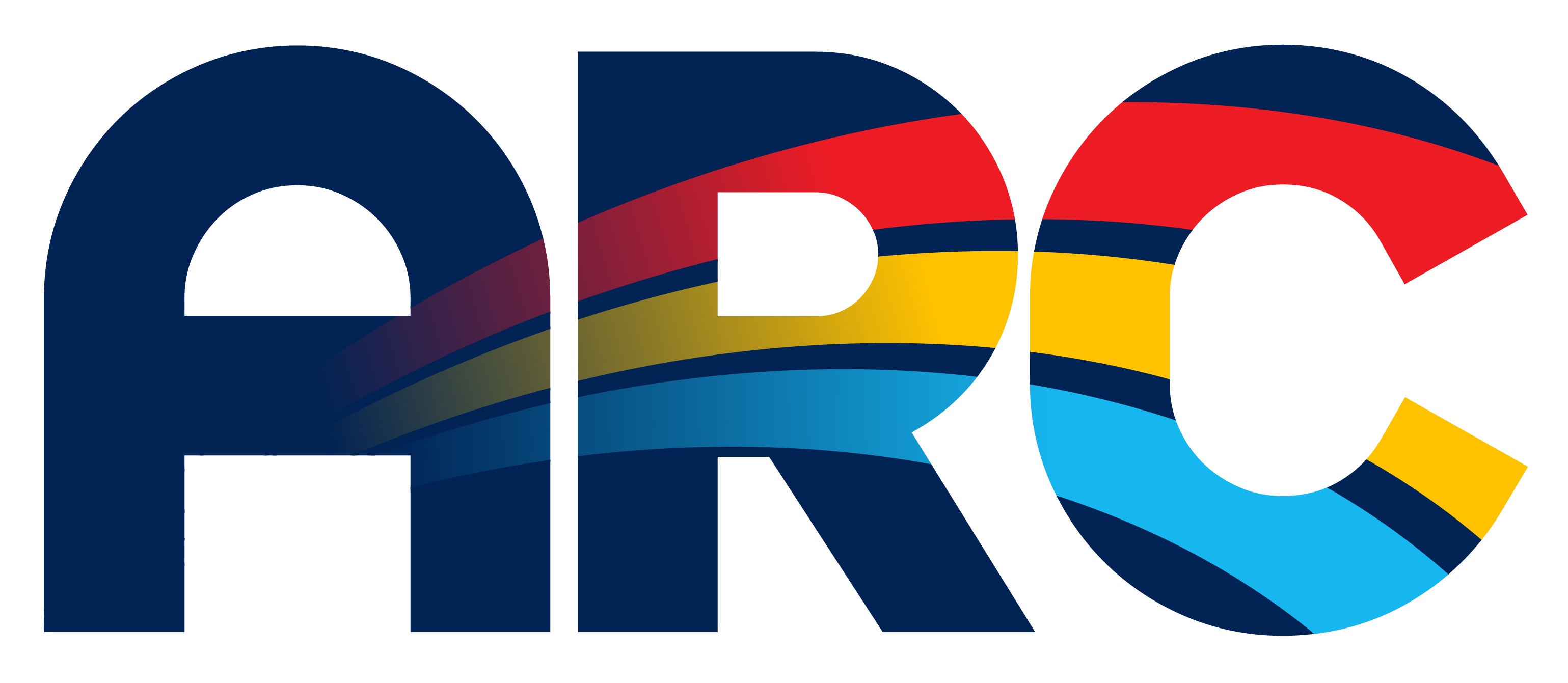An Act of Creation: Mina Loy and the Female Artist
Presenter Status
Graduate Student, English, Miami University
Presentation Type
Oral Presentation
Session
Literature
Location
Buller Hall Room 108
Start Date
6-5-2016 10:35 AM
End Date
6-5-2016 10:55 AM
Presentation Abstract
In her 1996 biography of Mina Loy, Carolyn Burke uses a line from George Moore to illustrate attitudes towards women artists in the late 19th century. Burke writes, “Women would always be second-rate, it was thought, because they lacked creative genius: in the opinion of the influential writer George Moore, ‘women have created nothing,’ but they have done so ‘charmingly.’” Though Moore wrote a generation before Loy and the modernists, this prevailing condescension resonates in Loy’s work. The question of artistic genius, especially for a woman, plagued Loy throughout her life and work. In my research, I look at how Loy responds to misogynist attitudes towards female artists, as well as how she defines female creativity. Although Loy is now most famous for her poetry, my recent research has focused on Loy’s sole novel, Insel, a künstlerroman written in the 1930s. Moore’s words echo viciously in the novel, as the female narrator laments, “I felt, if I were to go back, begin a universe all over again, forget all form I am familiar with, evoking a chaos from which I could draw forth incipient form, that at last the female brain might achieve an act of creation” (20). In this presentation, I use Insel as a starting place to map the anxieties surrounding the notion of the female artist within modernism. Echoing Loy’s larger body of work, Insel demonstrates both the productive possibilities of female creation and the anxieties that both Loy and the novel’s narrator remain unable to reconcile.
Biographical Sketch
Catherine Tetz is a second-year doctoral student in literature at Miami University, where she specializes in transatlantic modernism and 20th century women poets. Previously, Catherine has studied at Washington State University, where she received her M.A. in English Literature 2014, and Andrews University, where she received a B.A. in English Literature and Music in 2012. Her most recent work has been on gender and genre in female avant-garde poetry, examining the ways that Mina Loy appropriated Futurist poetic techniques in order to articulate feminist concerns.
An Act of Creation: Mina Loy and the Female Artist
Buller Hall Room 108
In her 1996 biography of Mina Loy, Carolyn Burke uses a line from George Moore to illustrate attitudes towards women artists in the late 19th century. Burke writes, “Women would always be second-rate, it was thought, because they lacked creative genius: in the opinion of the influential writer George Moore, ‘women have created nothing,’ but they have done so ‘charmingly.’” Though Moore wrote a generation before Loy and the modernists, this prevailing condescension resonates in Loy’s work. The question of artistic genius, especially for a woman, plagued Loy throughout her life and work. In my research, I look at how Loy responds to misogynist attitudes towards female artists, as well as how she defines female creativity. Although Loy is now most famous for her poetry, my recent research has focused on Loy’s sole novel, Insel, a künstlerroman written in the 1930s. Moore’s words echo viciously in the novel, as the female narrator laments, “I felt, if I were to go back, begin a universe all over again, forget all form I am familiar with, evoking a chaos from which I could draw forth incipient form, that at last the female brain might achieve an act of creation” (20). In this presentation, I use Insel as a starting place to map the anxieties surrounding the notion of the female artist within modernism. Echoing Loy’s larger body of work, Insel demonstrates both the productive possibilities of female creation and the anxieties that both Loy and the novel’s narrator remain unable to reconcile.



